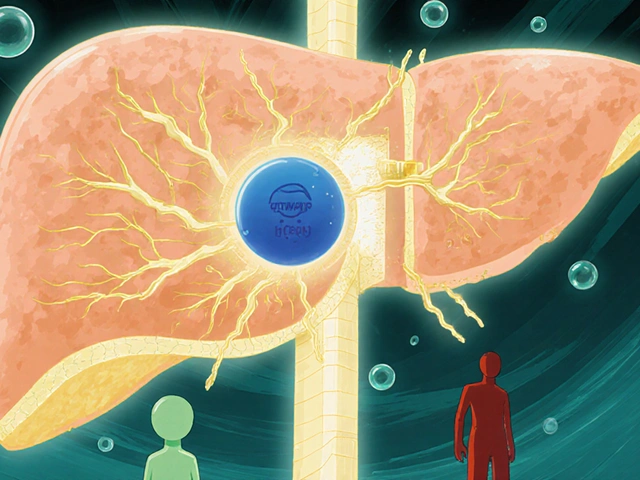Feeling down can hit anyone, and finding trustworthy info isn’t always easy. At PharmaCentral we’ve gathered a mix of articles that cut through the noise, so you can understand what’s going on and what you can do about it.
First off, depression isn’t just “bad mood.” It’s a medical condition that affects thoughts, energy, and daily life. Recognizing the signs early can save you weeks or months of struggle. Look for persistent sadness, loss of interest, trouble sleeping, or changes in appetite that last more than two weeks.
Our tag page lists several pieces that address different angles of the condition. If you’re curious about medication, check out the comparison of Crestor vs other cholesterol‑lowering drugs – not a direct depression article, but heart health ties into mood. The “Top Cannabis Strains for Anxiety & Depression Relief” breaks down THC, CBD, and terpene profiles so you can decide if a plant‑based option fits your needs.
For those who prefer non‑drug routes, the “Natural Remedies for Vomiting During Pregnancy” article shows how ginger, vitamin B6, and acupressure can calm nausea – a useful reminder that simple nutrients often help mood too. And if you’re dealing with side effects from other meds, the Kytril vs anti‑nausea drugs guide explains how to choose the least disruptive option.
Even posts that seem unrelated, like the “Alprostadil vs Alternatives” guide, teach you how to weigh benefits, costs, and risks – a skill you can apply when picking antidepressants or therapy plans.
Start with a doctor or mental‑health professional. Tell them what you’ve noticed, how long it’s lasted, and any other health issues you have. They’ll likely run a quick screen and may suggest therapy, medication, or both.
If medication sounds right, ask about side‑effects, how long it takes to work, and any interactions with other drugs you’re already taking. Our articles on specific drugs – like Lamictal for bipolar disorder – give you a glimpse of what to expect, even if the drug isn’t a classic antidepressant.
Don’t forget lifestyle tweaks. Staying hydrated, getting regular exercise, and keeping a sleep schedule can boost mood dramatically. The “Hydration’s Key Role in Preventing Muscle Aches” piece reminds you that water isn’t just for the gym; it supports brain chemistry too.
When you read about cannabis strains, remember to check legality in your area and start low. The guide lists strains with higher CBD and lower THC, which many people find calming without a strong “high.”
Finally, use our tag page as a quick reference. Jump to the article that matches your current question, whether it’s about side‑effects, cost‑saving tips for buying meds online, or natural ways to lift mood.
Depression can feel overwhelming, but you don’t have to face it alone. With the right information and professional support, you can find a path that works for you. Browse, learn, and take the first step toward feeling better today.
Practical ways to manage mental health while living with central cranial diabetes insipidus, covering anxiety, depression, sleep, and support options.
